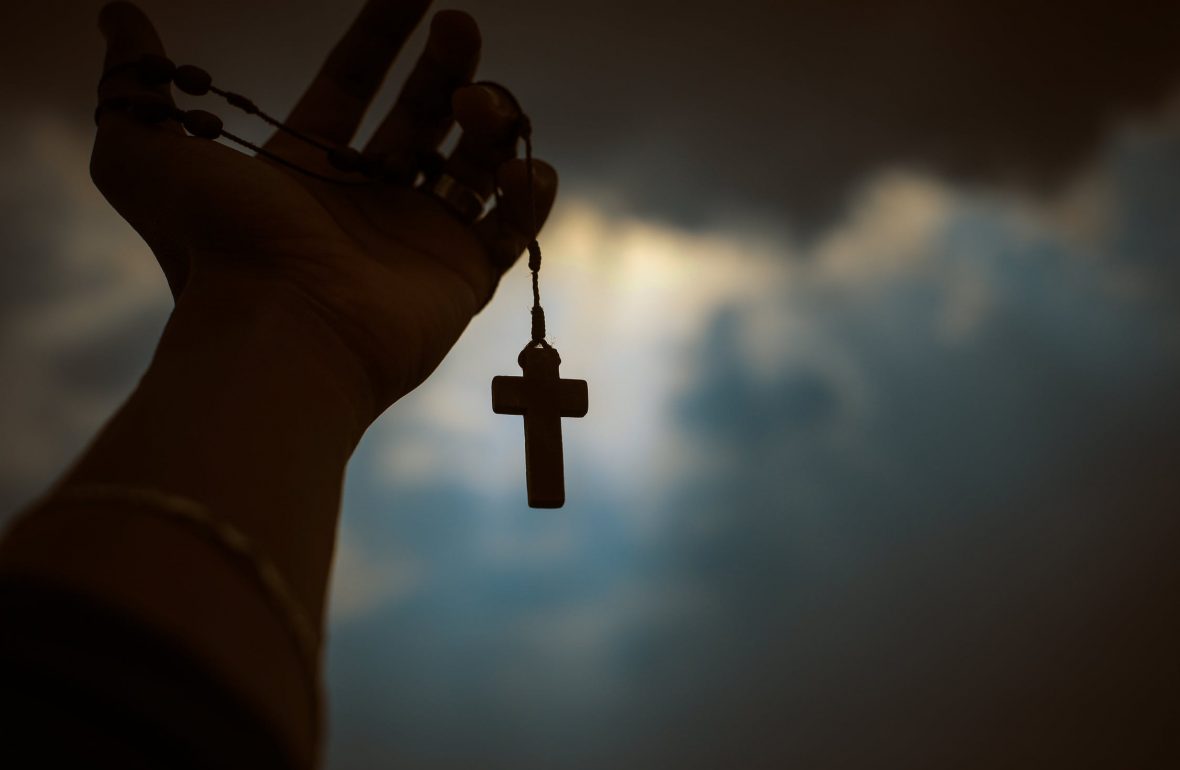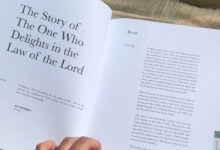
Before delving into my narrative, I want to emphasize that my intention is not to critique anyone’s beliefs or life choices. I am here to share my personal story and experiences openly.
This blog serves as a platform where I can freely express and connect with all of you, sharing the various aspects of my journey—both the triumphs and the challenges.
With that clarification, let’s dive into my narrative.
Growing up, I was immersed in the Pentecostal church—more than a place of worship, it was a way of life. Sundays and Wednesdays were reserved for church, along with numerous gatherings, events, and activities. My church family was an integral part of my life, and the church itself defined my existence.
Reflecting on those early years, I can recall the church’s rules distinctly, and it was these regulations that eventually prompted me to question my faith.
Allow me to shed some light on a few of these rules.
• No wearing pants
• No wearing shorts
• No wearing tank tops
• No makeup
• No haircutting or coloring
• No ear piercing or jewelry
• Skirts only — below the knee
I was also informed that dating outside my race was strictly forbidden. Fortunately, I found solace in the belief that God’s blessings transcend such limitations, and I am now blessed with a beautiful mixed marriage and wonderful children.
Many of the rules were centered around appearance, particularly for women. Adhering to the Ten Commandments was crucial, a principle that still aligns with my beliefs today.
Some Pentecostal churches prohibited television in the home, and certain attire regulations even dictated that shirts must be elbow-length or longer. If this sounds reminiscent of a cult, well, it certainly had some striking similarities.
There might be a few more rules I’m not recalling, but let’s keep the narrative moving…
These rules shaped my early life, constituting the only normalcy I knew. As a child, deviating from these rules was synonymous with a one-way ticket to hell. It may sound absurd, but adherence to these regulations was essential because resembling the world meant being of the world, with no place in heaven. Terrifying, isn’t it?
Parents, it’s crucial to be mindful of what we instill in our children’s minds, as these teachings can leave lasting scars. I, as a worrisome young girl, grappled with intense anxiety from an early age. With a multitude of rules to follow, the fear of not meeting the church’s expectations only enhanced my anxiety. I genuinely believed that compliance with these rules was the sole pathway to heaven.
I want to make it clear from the outset—I have loved Jesus for as long as I can remember. Without Him, I wouldn’t be the person I am today or be where I am today. I proudly consider myself a “Jesus freak” because of the profound impact He has had on my life. His healing power and the miracles He’s performed in me are so significant that my faith in Him remains unshakeable.
I previously shared some of the strict rules of the church and how they dictated whether someone was destined for heaven or hell. This upbringing ingrained in me a tendency to judge others right from the beginning. How could I not? I was taught that anyone who “looked of the world” was destined for hell.
Judging others is explicitly discouraged in the Bible, so why was I instructed to assess people based solely on their outward appearance? It’s confusing, and believe me, it only gets more confusing.
However, I want to emphasize that church life wasn’t all negative. Far from it. Being in a constant community, having friends within the church, attending various gatherings, and indulging my love for singing were all positive aspects of that chapter in my life.
As the years passed, I began to perceive things more clearly, seeing beyond the mask to the reality beneath. The idealized image of church life began to unravel, revealing a reality far removed from perfection.
Meeting genuinely good-hearted individuals who weren’t Pentecostal made me question the notion that they were bound for hell.
The big difference between people with good hearts, regardless of their attire, and those who adhered to the dress code but lacked kindness was eye-opening.
It became increasingly difficult to make the claim of having Jesus in one’s heart with the act of passing judgment solely based on outward appearances.
I understand that many Pentecostals may dispute my account, insisting that they don’t perceive the world in that way. However, having been a part of it, I can attest to the thoughts I once held.
Within the church, I witnessed incidents that left me astonished – a pastor making subtle racist references and individuals in the youth group engaging in bullying behavior. These actions contradicted the principles of righteousness, causing pain even within my own family. Despite witnessing such behavior, I kept silent but maintained an open mind.
It became apparent to me that the pastor’s rules took precedence over a person’s soul. Jesus, in contrast, walked with the broken, never elevating one based on appearance. I started feeling like a hypocrite, questioning my entire upbringing, beliefs, and everything I thought I knew.
Children raised in the church inevitably explore the world, whether openly or covertly. I, too, secretly wore pants with friends from the church and experimented with makeup, despite it being forbidden.
In an attempt to break free from strict rules, I engaged in activities to assert control and freedom over my body and life
In my teenage years, my dad initiated a non-denominational church, and as its pastor, he embodied the qualities of Jesus behind the pulpit. He embarked on a different path, one that didn’t sit well with former churchgoers.
How dare he allow people to come as they were without judgment? Why step away from a Pentecostal church that had become entangled in titles, gossip, and judgment, in an effort to do what was right? He received so much hate from Pentecostal’s who were stuck in their ways.
Despite the changes, the attire remained largely the same, though not as strict as before.
One vivid memory stands out when I was in my teens. I entered my dad’s office, a space we frequently were in at the church – me singing and him studying the Bible.
I asked a question that had been on my mind: “Why does it matter so much what we wear? Do you truly believe people are judged based on wearing pants or not?”
To my surprise, his reaction was not one of disappointment or anger, as I had anticipated. Rather, he calmly explained that he found no biblical support for the dress code.
While the Bible does touch on modesty, it doesn’t dictate specific clothing choices like “thou shalt not wear pants or makeup.”
I realized that for many years, I had adhered to the rules of the church more than following my heart. I wasted precious time harboring negative thoughts about good people instead of fostering my relationship with Jesus and appreciating the goodness in everyone, not just those within the church.
Sometimes, it’s simpler to continue living a lie than to confront the truth. Yet, when I discovered the truth, I embraced it wholeheartedly and felt liberated. I could now see people for their hearts rather than their outer appearance.
I could prioritize my personal relationship with Jesus over conforming to absurd rules and distorted views of God’s children.
I’ve revisited Pentecostal churches as a “backslider” (a term Pentecostals use for those who used to follow the rules but no longer do).
Stepping into these churches as a non-Pentecostal is incredibly uncomfortable. I felt unwelcome as if the pastor and congregants were more focused on getting me back in line than accepting me for who I had become.
Despite my happiness and strengthened connection to Jesus, their mindset only saw me as broken and lost.
It’s been over 7 years since I set foot in a Pentecostal church. While I may not be very religious, my spirituality has deepened more than ever.
I harbor no ill feelings toward churches; in fact, I believe there are many genuinely good ones that can profoundly impact people’s connection with God, especially those that embrace individuals for who they are. I appreciate listening to sermons that resonate with me and guide me on my spiritual journey.
Daily, I engage in conversations with Jesus, and my husband and I teach about Jesus and His love to our kids.
Witnessing their genuine love for Jesus, their enthusiasm to read the Bible, look forward to weekly bible studies and, their daily prayers warms my heart.
Their unfiltered connection with spirituality, void of rigid rules, is truly beautiful.
Recovery from my past is an ongoing journey, as it is for many of us.
As NF puts it, “church is where I found God but it’s also where I learned to judge.”
Despite my reservations about the judgment, I did encounter Jesus in the church, and for that, I am eternally grateful.
I don’t hold my anyone responsible for raising me in that kind of environment. None of us are perfect, and we’re all just trying to navigate through life the best we can.
Ultimately, I appreciate the lessons learned, and I’m thrilled to have discovered the truth, allowing me to lead a fulfilling life true to myself and fostering a more intimate connection with Jesus on a deeply personal level.
If nobody told you today, Jesus truly loves you🫶🏼











Leave a Comment